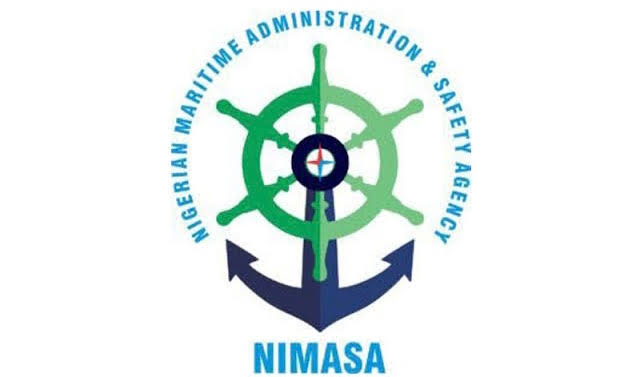
The Nigerian government has announced that it has adopted the guidelines of the International Maritime Organisation (IMO) to control and manage the ship biofouling problem in its waterways. Ship biofouling is the accumulation of microorganisms, plants, algae, or small animals on wet surfaces of ships and other structures, which can cause damage, inefficiency, and environmental risks.
The director-general of the Nigerian Maritime Administration and Safety Agency (NIMASA), Bashir Jamoh, made this known at a training workshop on biofouling management in Lagos on Monday. The workshop, organised by NIMASA and the Maritime Technology Cooperation Centres (MTCC) Africa, was part of the test biofouling project for partnering countries. The theme of the workshop was ‘The Place of Technology in the Management of Marine Biofouling’.
Mr Jamoh said that biofouling poses a huge threat to Nigeria’s transition to the blue economy, which is based on the sustainable use of ocean resources. He said that biofouling affects the productivity, biodiversity, and climate resilience of the marine environment. He also said that biofouling increases the fuel consumption, speed reduction, and manoeuvrability loss of ships, which affects the efficiency and safety of maritime operations.
He added that shipping is a vital component of global trade and economy, as it facilitates about 90 per cent of world commerce. However, he noted that ships also serve as vectors for the transfer of harmful non-indigenous invasive aquatic species (IAS) from one region to another. These species can have negative impacts on the native ecosystems, biodiversity, and economy.
He explained that Nigeria’s economy depends largely on international trade, which exposes the country to the threats of IAS introduction into its territorial waters. He said that Nigeria has adopted the IMO guidelines to prevent and mitigate these threats and to ensure environmental sustainability.
He further said that technological advancements have led to some innovative solutions by experts to aid in the control and mitigation of biofouling. However, he said that some of these technologies are complex and require more knowledge and capacity building. He said that the workshop was an initiative of IMO in collaboration with MTCC to assist developing countries in advancing their knowledge and facilitating the implementation of IMO biofouling guidelines.
He said that the workshop would showcase the newest technologies and their applications, including cost-effective practices, related benefits for the environment, and the efficiency of shipping. He stressed that the importance of protecting and conserving the seas, oceans, and their inhabitants cannot be overemphasised.
Also speaking at the workshop, Lydia Ngugi, head of MTCC Africa, said that the aim and mandate of MTCC were to build capacity for climate change mitigation in the shipping and maritime industries in Africa. She said that Nigeria was one of the partnering countries for the test biofouling project, along with Comoros and Somalia.
She said that IMO has in place the biofouling guidelines, which are linked to the United Nations Development Goals. She said that the guidelines aim to ensure sustainable development in the world, especially in the shipping industry.
She said that the workshop would cover various aspects of biofouling management, such as technology transfer, best practices, policy development, monitoring and evaluation, among others.








Leave a Reply